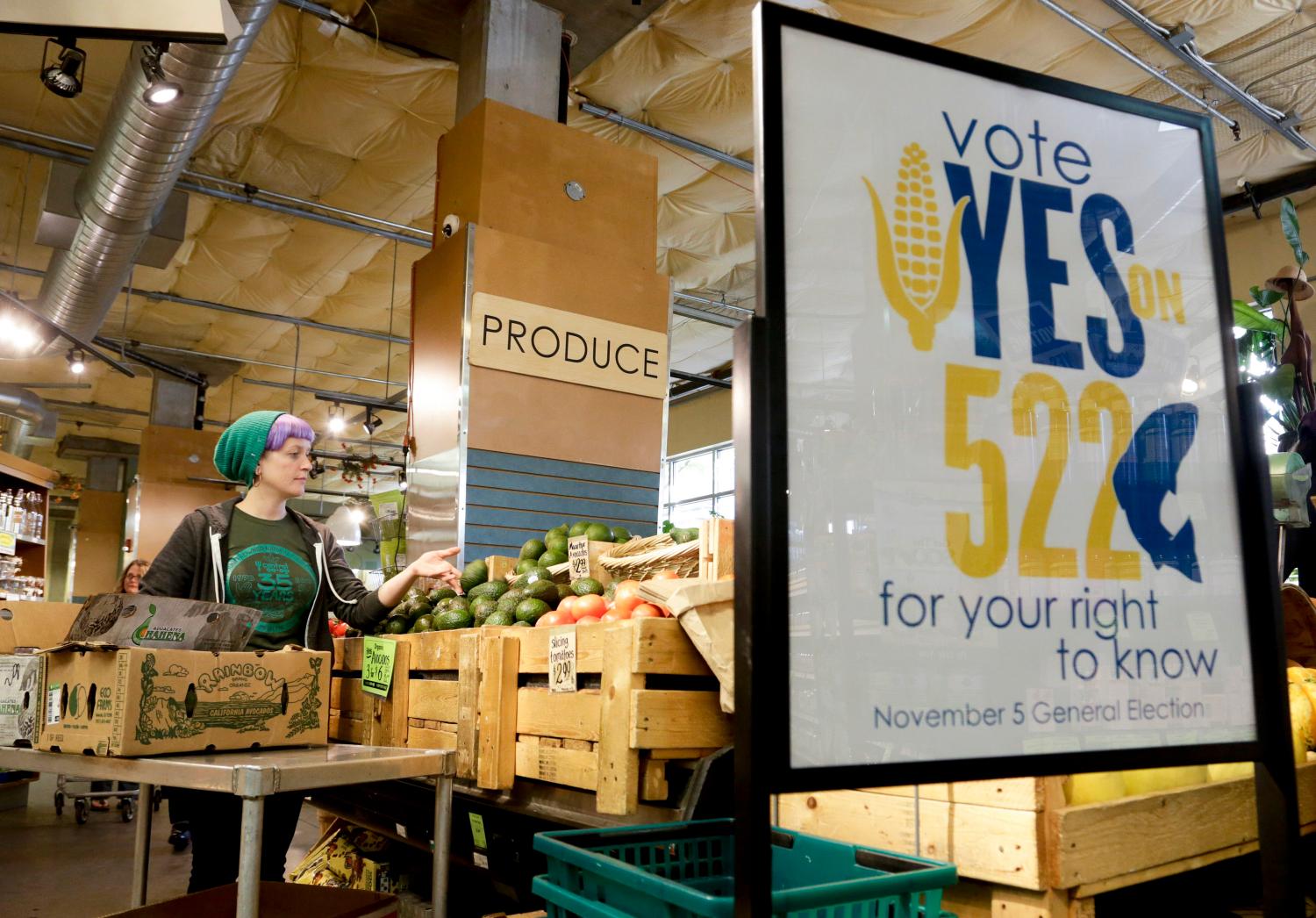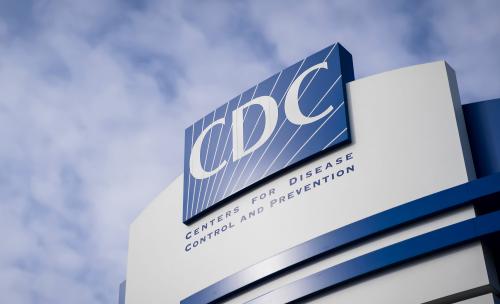Nicole Negowetti examines the recent spate of food labeling litigation and explores the reasons for this flood of lawsuits. Negowetti argues that such litigation has exposed problems with the FDA’s regulatory oversight of food labeling, and, more importantly, represents attempts by consumer groups and plaintiffs’ attorneys to influence marketing behavior of food companies—a task more properly undertaken by the FDA.
Negowetti describes the lack of authority and enforcement in the FDA over food labeling as inactive and ineffective. A high number of health claims go unregulated by the FDA; and claims that are regulated are often unsubstantiated.
Negowetti asserts that the FDA’s regulation as to food labeling could be far more effective if the agency was to:
- Better define misleading terms such as “natural” to achieve uniformity and consistency for consumers and food manufacturers.
- Address the misleading nature of health and nutrition claims and revise its regulations accordingly.
- Take responsibility for monitoring food labeling and enforce that companies follow regulations, instead of leaving it for the courts to handle.
- Collaborate with the FTC to create a comprehensive monitoring system that helps inspectors identify deceptive claims.
Ultimately, litigation should be unnecessary if the FDA is funded and properly staffed to fulfill its regulatory mission, writes Negowetti. In the absence of effective regulatory enforcement action against food and beverage manufacturers making misleading claims, consumer protection groups and plaintiffs’ attorneys have stepped in to fill a void. However, regulation by litigation is a costly and slow process that is unlikely to affect widespread change.



